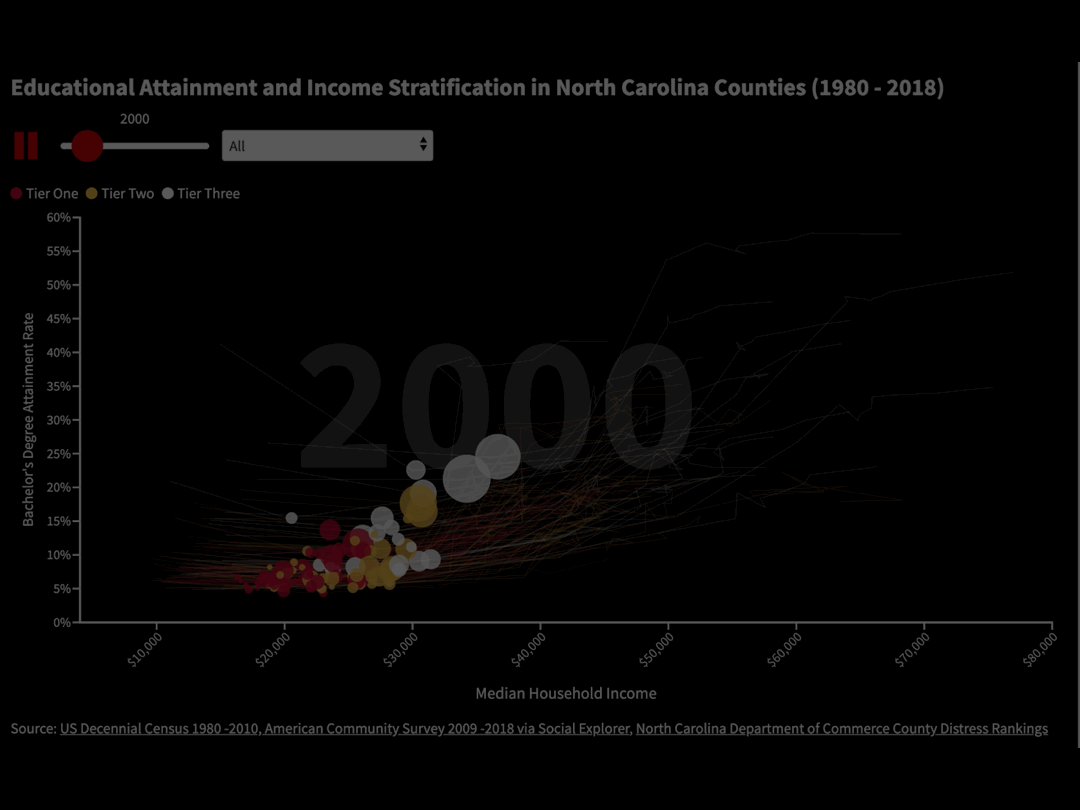COVID-19 and African Americans in NC

We know whY
We are seeing nationwide that African Americans are disproportionately contracting and dying from COVID-19.
Data from states such as Michigan, Illinois, New York, Alabama and Louisiana that show the percentage of African Americans who have been diagnosed with and died from COVID-19 is considerably higher than their representation as a percentage of the population.
Right here in NC If current trends hold, many more African Americans will die from COVID-19… more than would be expected to die based solely on the state’s demographic makeup.
This is unacceptable.
So I wrote a research brief that explores why it is that across the nation and especially in the South that African Americans are suffering disproportionately from COVID-19.
We know that historical discriminatory policies and practices, as well as the nation’s failure to value its “essential workers,” have put African Americans at greater risk.
We know that African Americans are more likely than white Americans to work jobs—even multiple jobs—that do not offer health insurance, with many falling into the “coverage gap,” because NC has not expanded Medicaid
We know that African Americans are overrepresented in occupations now deemed essential to the wellbeing of the nation and our state, such as food service, food production, home health care and nursing home care.
These jobs put the people who work them at higher risk for contracting the coronavirus.
We also know that neighborhoods and counties with high populations of people of color have fewer health care providers and grocery stores, as well as lower air and water quality due to the legacy of environmental discrimination.
As a result, African Americans have a higher rate of conditions that make COVID-19 more deadly, such as diabetes, chronic lung disease and hypertension.
Again, this is unacceptable and, in this brief, I explore these challenges and policy solutions, chiefly Medicaid expansion, as remedies to stem the disproportionate suffering for African Americans
To achieve health equity, we must first address societal inequities and challenge policymakers to make the best decisions for all of us.
Read the report below







